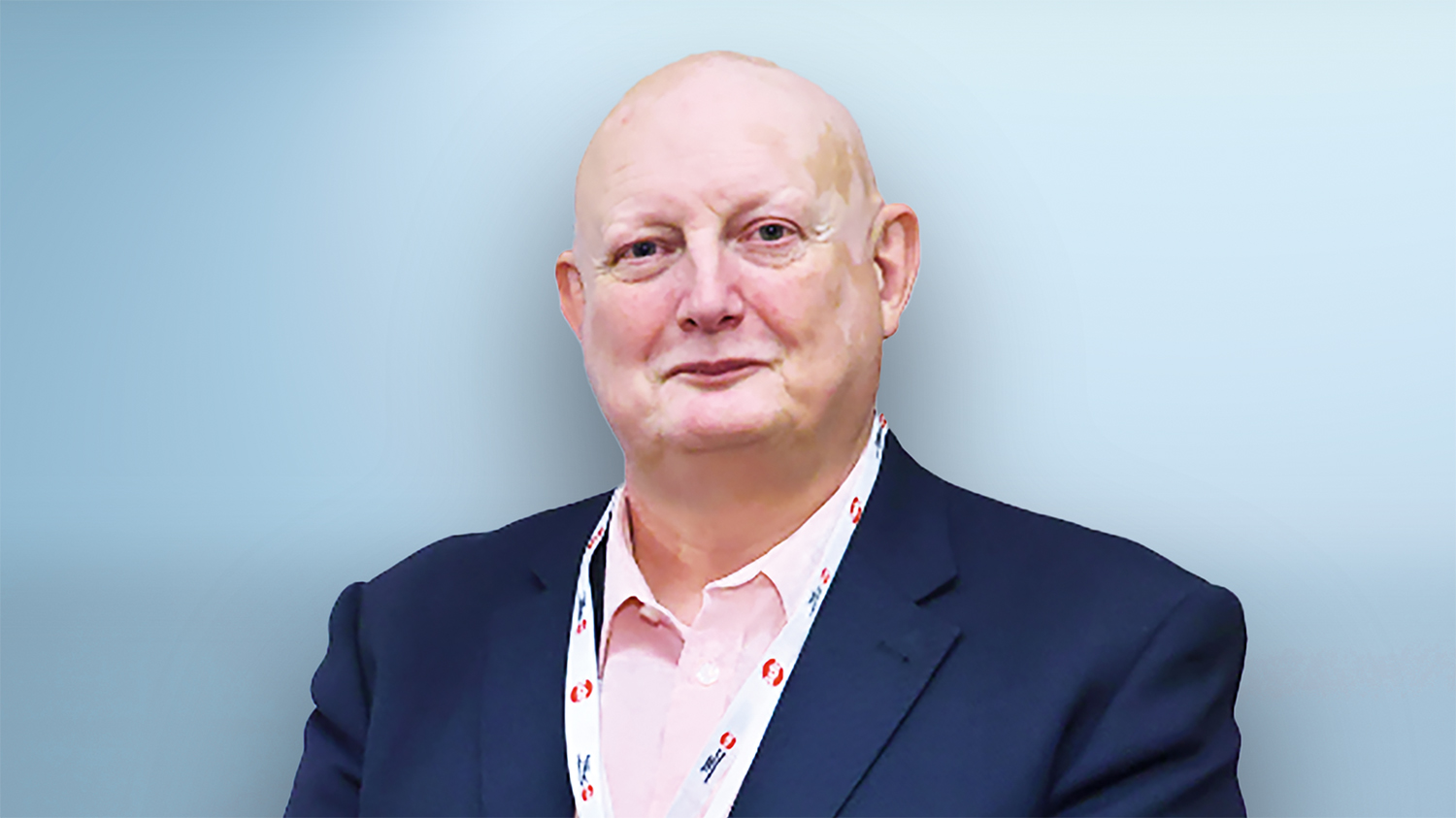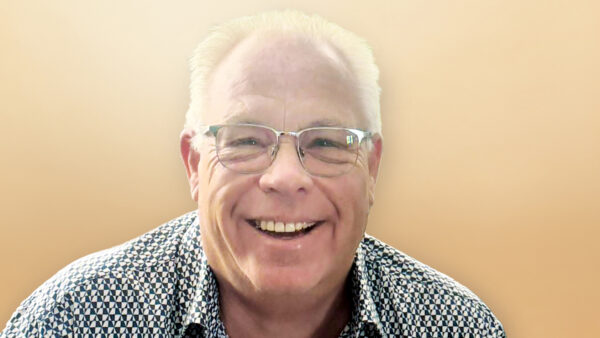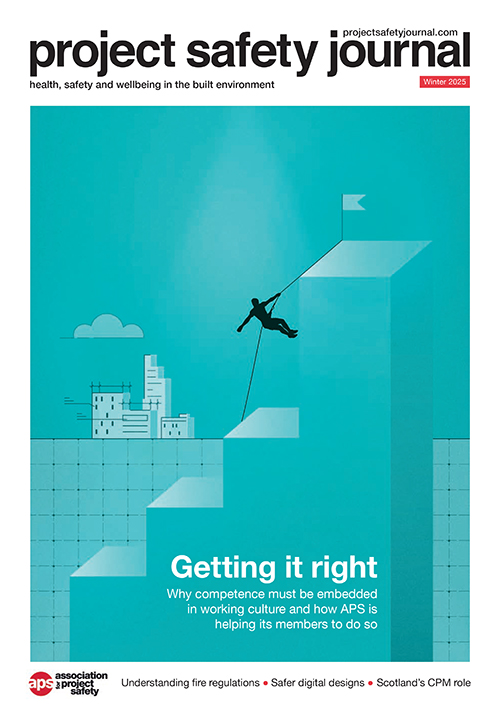
New APS president-elect Bryn Wilde on his plans to enhance membership engagement, promote women in construction and the challenges of implementing new regulations.
Give us an outline of how you’ve got to where you are today
I took a degree in civil and structural engineering at University College Cardiff (as it was called then), followed by a PhD on the use of geographic information systems and remote sensing to predict hydrological events, which I completed in 1992.
That gave me start in industry, when I took a job where I was working primarily in flooding and hydrology. After that, I started working on large brownfield regeneration projects and I then started to specialise in demolition in the mid-1990s. That’s when I first got involved with health and safety issues and entered the world of CDM.
As my career progressed, I took on more responsible positions – junior engineer, senior engineer, associate director. Then in 2011 I started my own company based in Cardiff.
I called it Ateb Consult – in Welsh, ‘ateb’ means to answer or solve. But after a few years when the name CDM Solutions became available, we snapped it up – with it being a far better fit for what we did.
CDM Solutions is still going, but now it just provides training materials. That’s because when the Building Safety Act and all the new building safety regulations were set to come in, we could see what was coming and decided to adjust our focus. We created a new company, the Building Safety Consultancy Group.
We now offer all our health and safety knowledge, CDM knowledge and buildability experience under one roof. We’re an APS-accredited trainer too.
CV: Bryn Wilde
2021 to present: Managing director, Building Safety Consultancy Group (associate company to CDM Solutions, which he started in 2019)
2011-19: Managing director, Ateb Consult
2005-14: Associate, SLR Consulting
1992-2005: Associate director, Wardell Armstrong
1986-92: Cardiff University, BSc (Hons) and PhD Civil Engineering
What sort of work are you mainly involved with?
We provide general health and safety advice, and we regularly take on the principal designer role under CDM.
We do a lot of work with Cardiff Council, acting as the initial principal designer, and then once it goes out to a design-and-build tender, we move to client-side adviser. We’re involved with most of the major regeneration housing projects around Cardiff, including big tower blocks.
The Building Safety Act is not operational in Wales just yet but with certain clients we are being proactive getting up to speed with what needs to be done by carrying out the building safety role in parallel with the live job itself.
When do you expect the act to come into force in Wales?
Possibly by the end of this year. In Wales, we always say, let England put it in place first, find out what all the problems are, and then fix them!
Working through APS, we meet frequently with the Welsh government and the people who are actually writing the building safety regulations in Wales.
It’s going to be very similar to the Building Safety Act in England, with just a few subtle differences.
Wales will have a slightly different definition of a higher-risk building under its safety legislation. In England, it’s an HRB if it meets the height or the storey criteria, and two residential units. In Wales, it’s just one residential unit.
There has been talk about whether we bring more buildings into scope as higher-risk buildings, because we don’t have anywhere near as many tower blocks in Wales as in England.
The other big difference between the two country’s safety regimes is that the Building Safety Regulator is obviously the Health and Safety Executive in England, but in Wales it will be the local planning authority.
I must say, in Wales nobody likes the name ‘principal designer’ because they find it gets confused with the CDM role. I can understand that it’s all about getting the same organisations undertaking both roles on projects, and that does make sense. However, it’s not the way things are happening in industry, and to me it’s just another example of how policymakers sometimes don’t listen to business people in the way they should.
How do think APS members will deal with the challenges of implementing the act?
It probably will be quite a big challenge for many people. That’s why APS needs to be there, helping and supporting, giving the right kind of guidance, and trying to make that progression as smooth as it can be.
What are your hopes for future working life under the Building Safety Act?
I hope the act gets the same due care and attention as CDM does when applied properly – and that people don’t just pay lip service to it. And really, I hope people see the value of it, and what it can achieve – and understand that there is a justifiable cost associated with it.
Too many people still see health and safety purely in terms of cost and are always trying to drive cost down. We’ve got to fight that mentality and show there’s a value in excellent professional service.
“Too many people still see health and safety purely in terms of cost and are always trying to drive cost down. We’ve got to fight that mentality.”
What are your most memorable career moments?
One of my favourite jobs since setting up my own companies was working as CDM co-ordinator on a major energy-from-waste facility that was being built in Cardiff. It was a multi-million pound project, and I could see the site from my office window.
Every day I watched as the old site was demolished, and the new building emerged, stage by stage. Seeing it progress was like viewing it in a time-lapse film, and it was thrilling to be so close to something you’d been involved in and see it all come to life right in front of you.
I’ve always enjoyed pointing out to my son the buildings I’ve worked on – I get a lot of pride from that.
How long have you been involved with the APS?
For well over 25 years now. I became a member and then got involved with the Welsh committee. When I became chair of that committee, I also became a council member and then became a board director, also sitting on various committees.
Now I’ve been elected as the next president. I’ll be taking over from the current president Mark Snelling in February 2027, with much of the next two years being about helping and supporting Mark.
Naturally, I’ve got my views for how APS should be going forward, and so has Mark. We’ll be working together to bring those visions to life. Thankfully we get on very well.
One thing I’ll be focusing on is helping to make sure our membership engagement is as good as it possibly can be, so that we provide members with the best service that we possibly can. Sometimes in the past, engagement in certain areas hasn’t been as good
it might have been.
I’ll also be encouraging areas to set up branches. We don’t have a branch in south Wales or north Wales at the moment. I think we should.
I’ve also talked previously about how we must also do more to increase diversity. One of my fellow directors, Ceri Camilleri, is very involved in this area and I’d like to set up a focus group with her to look at how we can overcome the existing barriers and promote diversity further within APS and construction generally.
The third area I’m very keen to look at is mentoring. When I was a young civil engineer, as you’re going through your ICE progression, you get a mentor to help you. I think there are a lot of people in APS who could act as that kind of mentor to more junior members.
What are your interests outside of work?
I’ve played rugby most of my life and when I stopped playing, I coached many junior rugby teams. I am also a qualified referee, but not any longer – my knees have gone!
I enjoy most sports – and I’ve been a lifelong supporter of Wrexham football club. I’ve been impressed by the new celebrity owners – who have been known to come into the pub next to the ground and buy everybody a drink.
As well as sports, I travel a lot with my friends and family and have visited most parts of the world watching Wales play rugby, even going to Patagonia once. I also love cooking. One of my specialities is a banana parfait with a rum sauce and coconut caramel wafer.
Any advice for someone starting out now?
Don’t let fear of failure stop you from trying something. Failing is not a problem. You can learn from failing but you might regret something afterwards if you never tried.











